Earth
-
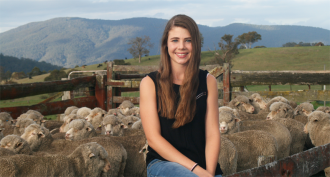 Agriculture
AgricultureSheep poop may spread poisonous weed
Fireweed is a poisonous plant in Australia. Sheep can eat it without hurting themselves. But a teen found those sheep may be spreading more weeds.
-
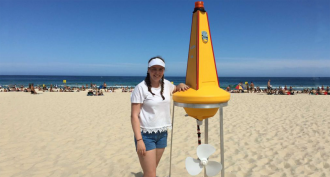 Tech
TechTeen’s invention can warn of deadly rip currents
A teen lifeguard from Australia has invented a buoy that can alert swimmers to the strong, swift and deadly rip currents that can sweep them dangerously far offshore.
By Sid Perkins -
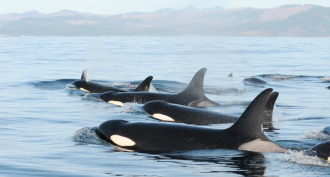 Animals
AnimalsThese killer whales exhale sickening germs
A group of endangered killer whales are exhaling disease-causing germs. Researchers worry these microbes could make the animals sick.
-
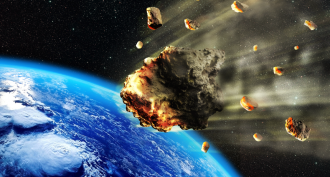 Earth
EarthDeath by asteroid may come in unexpected ways
Most deaths from an asteroid impact would likely come from shock waves and winds, not earthquakes and tsunamis. That's the conclusion of new studies. The good news: Such killer space rocks are quite rare.
-
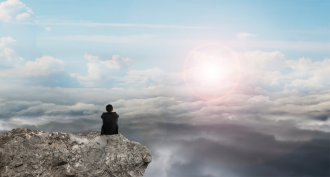 Climate
ClimateCool Jobs: Head in the clouds
What do a microbiologist, an atmospheric scientist and a materials engineer have in common? They’ve all got their heads in the clouds.
By Beth Geiger -
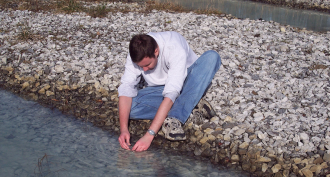 Earth
EarthBeyond diamonds: Search is on for rare carbon crystals
A search for previously undiscovered carbon minerals was announced in December 2015. Researchers have begun finding a handful and are actively scouting for dozens more.
By Sid Perkins -
 Chemistry
ChemistryScientists know that you pee in the pool
A new way to find urine in pools and hot tubs measures the concentration of an artificial sweetener in the water.
By Sid Perkins -
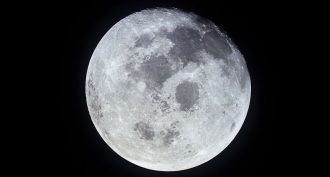 Planets
PlanetsHow Earth got its moon
How did our moon form? Scientists are still debating the answer. It may be the result of some one big impact with Earth — or perhaps many small ones.
-
 Environment
EnvironmentDid your burger come with a side of non-degrading pollutants?
Perfluorinated compounds pollute the environment and might harm human health. A new study shows that one place they often show up is the paper and cardboard used to package fast foods.
-
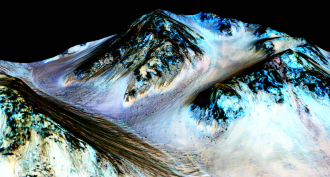 Earth
EarthKeeping space missions from infecting Earth and other worlds
Scientists are always looking for ways to stop Earthly microbes from polluting other planets. The same goes for bringing bits of other planets back to Earth.
-
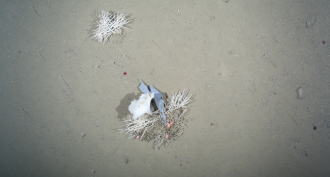 Oceans
OceansDeep-sea dump: Trash is collecting on the Arctic seafloor
Trash is building up on the bottom of the Arctic Ocean, including plastic bags, glass shards and fishing nets.
-
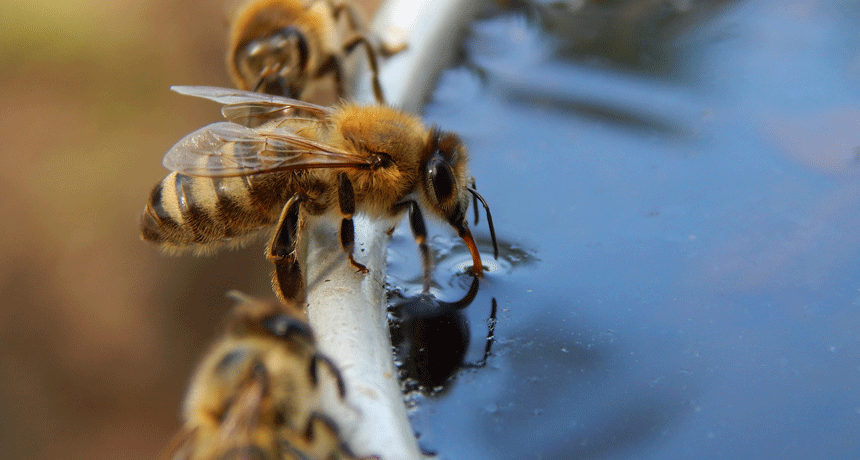 Environment
EnvironmentCleaning up water that bees like to drink
Plant roots suck up pesticides used on soils, then release them into water that can seep from their leaves. This is a sweetened water that bees love to sip. A teen figured out how to remove most of the pesticide with bits of charcoal.